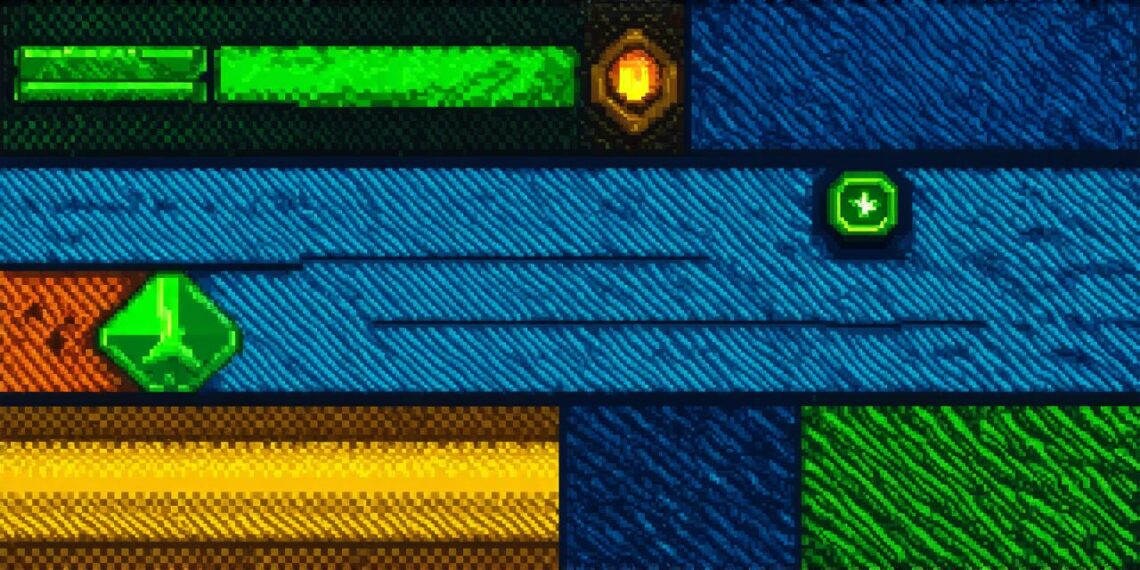
The world of video games is vast and diverse, encompassing everything from simple puzzles to complex simulations that challenge our minds and reflexes.
For those who love the thrill of competition, the joy of exploration, and the satisfaction of solving challenging problems, game development can be a highly rewarding and fulfilling career path.
The Benefits of Game Development
In this article, we will explore the reasons why game development is a passionately pursued field, examining its benefits, challenges, and opportunities for personal and professional growth. We will also discuss some of the most popular and in-demand roles within the industry, as well as the skills and qualifications required to succeed in these fields.
The Challenges of Game Development
While game development can be a highly rewarding career path, it is not without its challenges. One of the main challenges is the high level of competition in the industry. With so many talented individuals vying for jobs and opportunities, it can be difficult to stand out from the crowd and secure a position in the field.
Another challenge of game development is the constantly evolving nature of technology. New tools and technologies are emerging all the time, making it essential for game developers to stay up-to-date with the latest developments in order to remain competitive.
Finally, game development can be a highly demanding job that requires long hours and a great deal of focus and concentration. This can make it challenging to maintain a work-life balance, and to find time for personal interests and hobbies outside of the industry.
The Most Popular Roles in Game Development
There are many different roles within the game development industry, each with its own unique set of skills and responsibilities. Some of the most popular roles include:
- Programmers: These individuals are responsible for writing the code that brings games to life. They work closely with other members of the team to develop new features and improve existing functionality.
- Artists: These individuals use a variety of creative tools and techniques to bring game worlds, characters, and objects to life. They may work in a variety of fields, including 2D and 3D art, animation, and special effects.
- Designers: These individuals are responsible for creating the overall structure and flow of a game. They work closely with other members of the team to develop new ideas and improve existing gameplay mechanics.
- Producers: These individuals oversee the entire development process, from pre-production through to post-production. They are responsible for managing budgets, schedules, and resources, as well as coordinating the efforts of the various teams within the organization.





